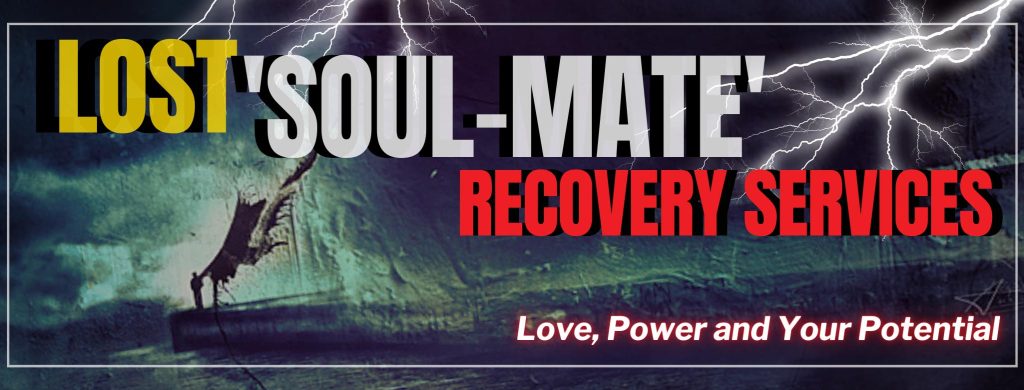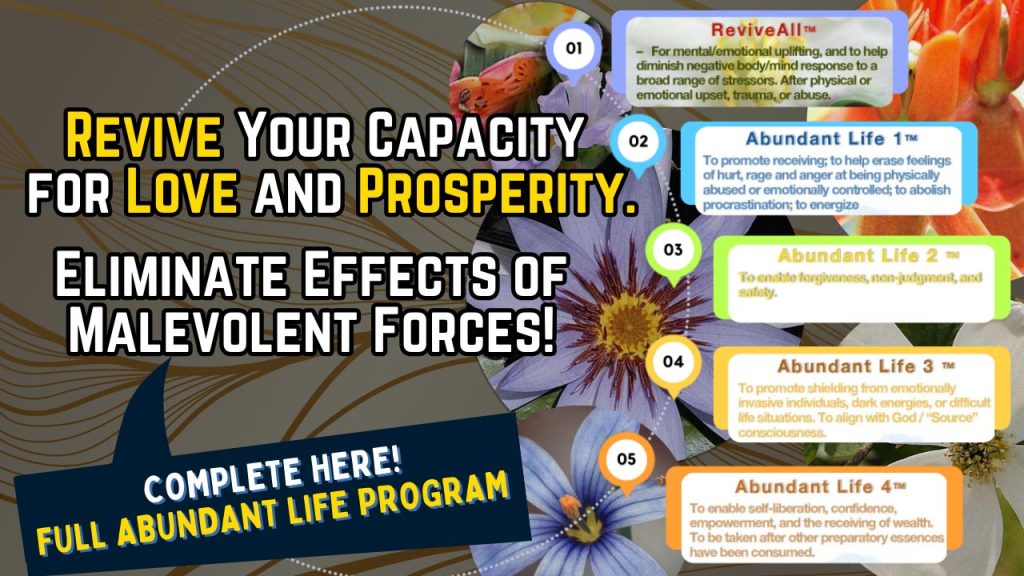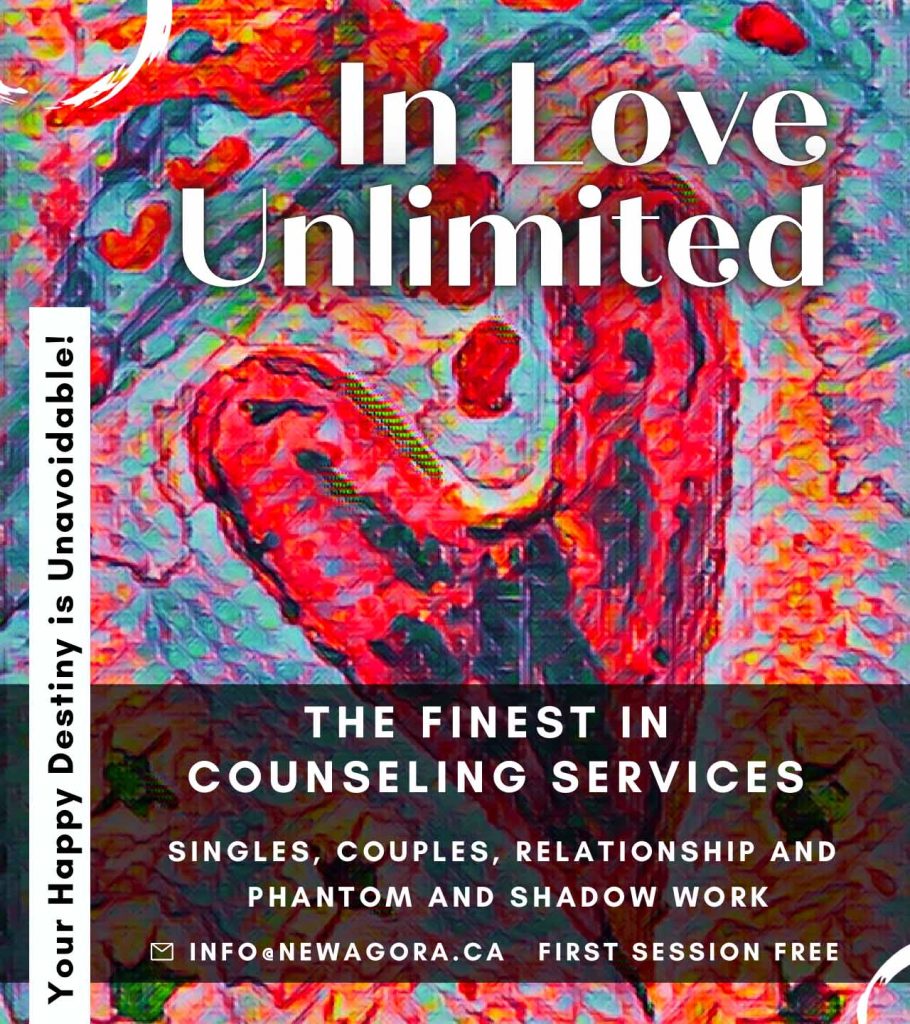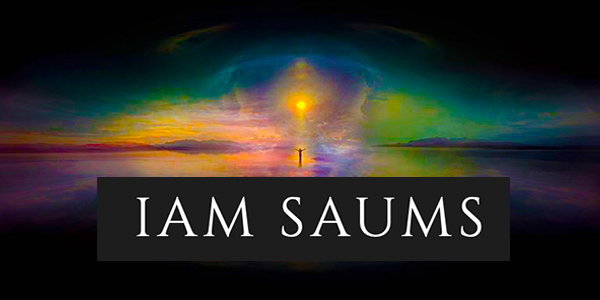12 Ways to Find Inner Peace When Life Seems Unbearable
by
Having a nervous breakdown was one of the best things that ever happened to me.
Before reaching the absolute end of my stress threshold, I never thought that finding inner peace – especially for a highly sensitive person prone to anxiety – was possible. In fact, the concept was so alien to me that the words “stillness” and “serenity” weren’t even in my personal dictionary. Peace was a completely foreign concept to me.
If you’re at the same place that I was a few years ago, you’ll realize that something in your life must absolutely change. You’ll realize that there is no way in hell you can continue down the same path you’ve gone, that is, unless you want to enjoy the rest of your life! And you will come to understand, eventually, that the tension, pain, sadness, stress, and dread that you feel right now is a catalyst of change in your life. This change is the impetus you need to grow more and live better.
What is Inner Peace?
Inner peace is what we feel when our body, mind, heart, and soul is at rest. Instead of striving to control or resist ourselves and others, we feel a sense of acceptance, forgiveness, love, and compassion. Inner peace is synonymous with being in touch with your True Nature or Soul. And above all, inner peace can only and ever occur in the present moment (which is all we truly have).
12 Ways to Find Inner Peace

- Stop expecting that life and people should be different
- Release grudges and resentments
- Sit with your emotions (and embrace them)
- Quit getting lost in the past or future
- Be aware of your obsessive need to control
- Embrace being dislikable
- Let go of playing the martyr or victim
- Forgive yourself (and therefore others)
- Say goodbye to energy vampires
- You don’t need to be “perfect” – stop that
- Release the need to be right
- Stop dwelling in the past (or future)
I’ll elaborate below:
1. Stop expecting that life and people should be different
Here’s the truth: you can expect, and expect, and expect, and expect … but what happens at the end of the day? You feel worn out, resentful, bitter, stressed and hopeless. What a waste of time, energy and effort! When I realized how much of my unhappiness stemmed from expectations, I was astounded. And hear this: our expectations are usually unconscious, in other words, we aren’t aware that we are demanding so much from other people and life itself. Why are expectations burdensome? Expectations change nothing at all: they are like brain farts. Can you change other people? No. And that’s just life. People only change when they decide to. Understanding this is the beginning of inner peace.
Solution:
Would you prefer to resist the truth of this present moment, or would you prefer to become an embracer of reality? Try to pinpoint what lofty and unrealistic expectations you have for other people. Here are some examples, “My husband should spend more time with me like he did when we were first married,” “My boss should care more about my feelings,” “My friend should not be such a loud-mouth; I wish she could be different,” “I should be more successful,” etc. Notice the prevalence of the word “should” here.
2. Release grudges and resentments
Grudges + resentments = self-righteousness … and let’s face it, feeling righteously indignant is extremely ADDICTIVE in a toxic way. When we obsessively store away past wrongdoings from others we are essentially telling ourselves, “I have the right to be angry at this person. I have a right to distance and separate myself from them. I have a right to perpetuate my own misery.” But on your deathbed will you really care about who is right and who is wrong? Holding on to grudges is not only infantile, but it is also poorly spent time focusing on the details of life.
Solution:
Visualizations and rituals can help you to let go of past hurt and start a fresh chapter in life. For instance, you may like to write down what someone did to you on a piece of paper. Once you are done, burn that piece of paper until it crumbles to ash. This is a powerful way to symbolize “letting go.” Alternatively, you may like to focus on cultivating forgiveness by focusing on how to forgive yourself first.
3. Sit with your emotions (and embrace them)
None of us like feeling uncomfortable emotions, and so it’s very common for us to suppress or avoid them. Unfortunately, this creates emotional repression. Here’s the thing: hiding your feelings isn’t the same as dealing with them. Just because your feelings temporarily disappear doesn’t mean that they are completely gone. In fact, the longer you suppress them, the bigger they grow. And the bigger these emotions become, the more you feel an extreme lack of inner peace.
Solution:
Choose to consciously sit with your emotions without resistance or judgment. If judgments come, let them rise and fall away. While it may be very difficult at first to experience your emotions, you will thank yourself sincerely in the long run. Note: remember to find a quiet place to do this and breathe deeply.
4. Quit getting lost in the past or future

Time travel isn’t real honey, or at least, not in my world! The reality is that the past and future don’t exist in this present moment; all that exists right now is NOW. While this does make sense to most people, most of us don’t take it to heart. By getting lost in past regrets or future fears we completely lose touch with the grounded present moment.Inevitably this = heartache, tension, and overload … the stuff nervous breakdowns are made of!
Solution:
Use your emotions as mindfulness triggers. Alternatively use the uncomfortable sensations in your body as wake-up calls to ground yourself. Is your heart racing? Take that as a sign that you are drifting off into the world of your mind. Use these grounding techniques to bring you back down to ground control.
5. Be aware of your obsessive need to control
As a former control freak myself I know how much it sucks to constantly be in a frazzled, wired state. If you have the obsessive need to control everything you will be a master planner who tries to predict and coerce every situation into what YOU want or feel you can handle. Of course, this equals humongousloads of stress and anxiety – the antithesis of inner peace.
Solution:
Control is a product of fear, of distrust towards yourself and your ability to handle whatever life throws at you. Once you come to see the innate resilience and strength of your spirit, you will start to trust yourself and therefore you will open to life. Read our article on finding your inner strengthfor more help. The obsessive need to control is also closely tied to being a perfectionist. We also have an article on perfectionism if you’d like to nip that problem in the bud.
6. Embrace being dislikable
Inner peace begins the moment you choose not to allow another person or event to control your emotions.– Pema Chodron
Wow … I could write an entire book on this topic. Wanting to be liked by everyone is such a big issue in our society. In a world where we’re taught to gain our self-worth from external achievements and how popular we are, it’s almost inevitable that nearly all of us fall into this trap. We let our fear of what other people think control our lives: others’ perceived thoughts become our prison cells. We have such a poor foundation of inner self-worth and love that we almost always seek it from sources outsideof ourselves. When we override our authentic selves in order to be more likable and acceptable, we give away our personal power. This is very dire indeed.
Solution:
Learn to accept being unacceptableto others. Learn to embrace the absolute worst: being disliked. This doesn’t mean being an ass, but it does mean learning to honor your needs and wants. I like to picture the very worst that could happen if someone disliked me, e.g., “My conversations with them may be awkward, they may gossip about me …” etc. etc. But can I deal with that? Yes! And so can you. Learning how to love yourselfmore is a powerful way of seeing through the fallacy of wanting to be liked by everyone – start with self-love.
7. Let go of playing the martyr or victim
Adopting the role of a martyror victim in any circumstance is an act of self-sabotage on an unconscious level. What is a victim? A victim is someone who believes that they have no personal power and that they are a casualty of fate. They are defined by self-pity. What is a martyr? A martyr is a person who sacrifices themselves unnecessarily for others, using this as a form of manipulation. They are defined by self-sacrifice. Both of these roles sustain chaos and stress – the opposite of inner peace.
Solution:
Think about the beliefs you have about yourself, others and life. Victims and martyrs are sustained by a barrage of unrealistic, illogical and harmful beliefs such as, “I can’t change my destiny,” “Humanity is always selfish,” “Life is against me,” “My self-worth comes from how much I give,” and so forth. See our article on overcoming the victim mentalityfor more guidance.
8. Forgive yourself (and therefore others)
Refusing to forgive yourself for any past mistake, mess, perceived failure, flaw or deficiency is the product of low self-esteem. And when we go to the roots of this low self-esteem, we often findtoxic core beliefs that tell us that we’re “innately bad,” “not good enough,” and so forth. Sadly, a lack of self-forgiveness means that you’re more likely to hold onto resentment and bitterness for others. Why? When we don’t know how to forgive ourselves, we don’t know how to forgive others. How can you give to others from an empty cup?
Solution:
Learn to become your own best friend. Start the journey of learning to practice self-careand self-love. You are with yourself 24/7 – so please treat yourself kindly. You will also benefit from closely examining your core beliefsif a lack of self-forgiveness is an issue for you.
9. Say goodbye to energy vampires
What defines an energy vampire? An energy vampire is a person who feeds off your mental and emotional energy. Energy vampires are often deeply wounded people who tend to leech off others in an unconscious attempt to heal themselves. (Note: it’s not our responsibility to help those who aren’t willing to consciously help themselves!) While I’m not too fond of the phrase “energy vampire” it is the closest phrase that describes people who enjoy drama, chaos, playing the victim, and “feeding off” the reactions of others.
Energy vampires tend to restrict your self-growthand bring you down more than raise you up. These people are like black holes: they drain your mental, emotional, physical and spiritual energy leaving you like a hollow husk of your former self. If you are not grounded and if you don’t have the soulful capacity to tolerate energy vampires, the end result can be grim. Energy vampires can be friends, family members, lovers, offspring or even colleagues.
Solution:
Examine all of the people you come in contact with on a daily basis. After all, it’s said that we are the end product of the five people we interact with the most in life. Are the people in your social circle supportive and encouraging, or are they jealous, demeaning, dramatic or cynical? If it’s not possible to cut away these people from your life right now, I recommend keeping your distance and taking regular breaks from them.
10. You don’t need to be “perfect” – stop that
Perfectionism promotes chronic stress and burnout. I’ve spent a lot of my life wanting to do everything perfectly, say everything perfectly, and essentially be the perfect person. What a waste of time! We intellectually know that no one can be perfect, but yet somehow we still tend to get stuck in these kinds of negative cycles, usually unconsciously. If you are never quite happy with what you do or who you are, chances are you are a perfectionist. Once upon a time, I was such a perfectionist that it took me 6 hours to write one article (not joking). Eventually, I learned that there really is no such thing as perfection in life as life is about growth and change. Perfection, on the other hand, is an unchanging state, a state of death, a state that is not possible in life for us to achieve.
Solution:
Understand that there’s no such thing as perfection – it’s totally mythological, false, and unrealistic. It’s okay to be imperfect. It’s okay to have flaws. In fact, embracing your flaws through a practice such as shadow workwill make you more attractive to others. People are drawn to vulnerability. Most importantly, embracing your imperfection will help you to feel more inner peace.
11. Release the need to be right
I grew up in a religious family that always felt the need to protect their sense of being “right,” even to the point of constantly arguing and viciously debating among themselves and other people of different perspectives. It wasn’t long before I adopted the habit as well.
It is absolutely exhausting trying to protect your need to feel “right” and superior to others. So I’m relieved to say that I dropped the habit a long time ago through the practice of open-mindedness, empathy, and a little pinch of humility. We are not always right, and that is okay.
Solution:
Understand that you can actually learn and growfrom accepting that you’re wrong. Refusing to be mistaken leads to a type of inner stagnation – a form of inner death where you are firmly and stubbornly locked in one position. That sounds kind of like being a frozen corpse to me. The nature of life ischange and transformation. Yes, being wrong is a sting to the ego, but that’s much better than staying in an egotistical, dead-ended position of rightness that steals your inner peace. If you struggle to release the need to be right, you can always try a practice such as morning affirmations. Affirmations help to reprogram unconscious habits. Saying an affirmation such as, “It’s okay to be wrong,” “I accept the pain of learning and growing,” or “I embrace the innate humility within me” will help you open to new perspectives.
12. Stop dwelling in the past (or future)
There are many reasons why we choose to live in the past or future, but all of them are pointless. Living in the past is living in death because we dwell in what was rather than what is, right now. The more we are stuck in the past, the less we can truly live our lives to the fullest in the present. The same applies to the future: it hasn’t happened yet. Stop delaying your joy and inner peace to some fantastical moment or idealistic situation in the future.
Perhaps the biggest danger of dwelling in the past or future is that you never truly feel alive in the present moment (which is the only moment). You can’t feel grateful for what you already have. You can’t absorb the magic and beauty around you. Not only is that tragic, but it is a huge reason why so many of us lack inner peace.
Solution:
Practice gratitude or finding joy in what you already have, right now. See our article on being grateful for more guidance. Learning some mindfulness practices, which is a path to present moment awareness, will also help you tremendously.
Here’s What You Can Do Now …
 Re-read this article, particularly the “solution” parts of every point and think about how you can implement the advice into your life. Change can start in this very moment if you allow it.Finally, I recommend that you take time out every day to enjoy stillness. Find that space of silence within you and permit yourself to be cleansed by it. You are this stillness at your very core. Practicing just five to ten minutes a day of mindful breathing can help you reconnect with your inner peace.
Re-read this article, particularly the “solution” parts of every point and think about how you can implement the advice into your life. Change can start in this very moment if you allow it.Finally, I recommend that you take time out every day to enjoy stillness. Find that space of silence within you and permit yourself to be cleansed by it. You are this stillness at your very core. Practicing just five to ten minutes a day of mindful breathing can help you reconnect with your inner peace.
Shadow Work Journal:
Go on a journey through the deepest and darkest corners of your psyche. Embrace your inner demons, uncover your hidden gifts, and reach the next level of your spiritual growth. This is deep and powerful work!

About Aletheia Luna
Come Follow Us on Twitter – Come Like Us on Facebook
Check us out on Instagram – And Sign Up for our Newsletter




















